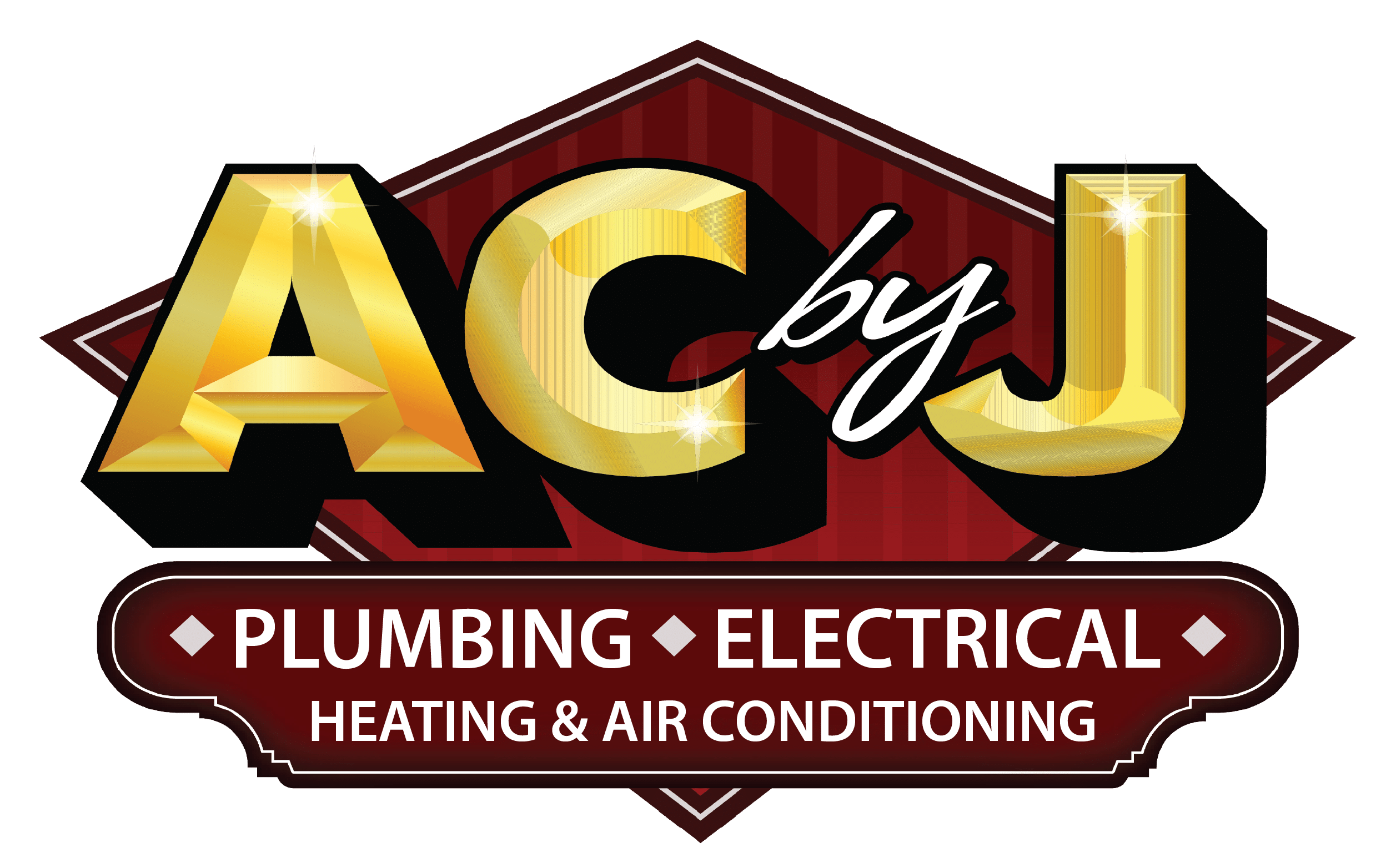Indoor air quality is important to your health and the overall cleanliness of your home. Because modern homes are so well-insulated, there isn’t much air circulation from the outside. This can often result in the indoor air being even dirtier and more polluted than the outdoor air. When you have contaminated air inside your home, it can lead to increased symptoms of allergies, asthma, and other conditions that impact breathing.
Air quality testing can help you determine how safe your home’s air is to breathe, and there are numerous ways you can improve your home’s indoor air quality. First, let’s take a look at what indoor air quality testing is, and what kinds of things might be in your air.
What Is My Indoor Air Made Of?
Your indoor air is made of many different particles. There are also many natural contaminants in the air. The exact composition of indoor air can vary depending on factors such as your location, daily activities, and the cleanliness of your living space. Monitoring and improving indoor air quality is essential for creating a healthier and more comfortable living environment.
- VOCs
- Bacteria
- Dust
- Pathogens
- Viruses
Your air is filled with contaminants like volatile organic compounds (VOCs), bacteria, dust, and pathogens. VOCs are a group of organic chemicals that can easily evaporate into the air. They can come from various sources, such as paint, cleaning supplies, solvents, and household products. Bacteria can be present in the air and can originate from various sources, including dust, pet dander, and outdoor contaminants. Some bacteria can cause health issues, particularly if they become airborne.
Dust particles are a common contaminant found in indoor air. They consist of tiny particles like skin cells, pollen, and dirt. Inhaling dust can lead to allergies and respiratory discomfort. Pathogens and viruses, including the flu virus and common cold viruses, can also be present in indoor air.
The only way to truly know what’s in your air and develop a game plan for improving it is through testing your air. Indoor air quality testing will allow you to identify and mitigate the presence of these contaminants, ensuring a healthier and safer indoor environment.
Why is Indoor Air Quality Important?
Indoor air quality is a critical aspect of our daily lives, yet it’s often overlooked. The significance of maintaining good IAQ cannot be overstated, as it profoundly affects our health, comfort, and overall well-being. The air we breathe indoors directly impacts our health. Poor IAQ can lead to a range of health problems, from allergies and respiratory issues to more severe conditions.
Allergens like dust mites, pet dander, and mold spores thrive in indoor environments and can trigger allergies and asthma. Harmful pollutants such as volatile organic compounds (VOCs) can compromise our respiratory health. Pathogens like bacteria and viruses can also circulate indoors, especially during flu seasons.
IAQ actually has a direct impact on productivity and cognitive function. Studies have shown that better air quality leads to improved focus and productivity, making it a key consideration for workplaces and learning environments.
- Reduced allergy and asthma symptoms
- Decreased need to dust your home
- Improved sleep quality
- More efficient HVAC system operation
- Less risk of getting sick
Maintaining good indoor air quality is imperative for our health, comfort, and productivity. It is a proactive step towards creating a safe and conducive indoor environment where we can thrive and lead healthier, more fulfilling lives.
Indoor Air Quality To Manage Your Health
The best way to determine the quality of your home’s air is through air quality testing. During this service, a technician will utilize measuring equipment to check the air in various areas of your home. They can then create a report of their findings and explain the results to you. Armed with this information, you can then make a plan for improving the air quality through the variety of measures available to you.
How Do I Improve My IAQ?
For starters, regularly replace the air filter in your HVAC system. These filters remove dust particles, dead skin cells, and other debris from the air as it is sucked into your air conditioning or heating system. This prevents those contaminants from then being blown back out into your home. You’ll need to change the filters every few months, depending on how frequently you use your HVAC systems, in order to get the best results.
Air purifiers go a step further, removing contaminants from the air that is already circulating in your home. Purifiers draw the air in, decontaminate it, then blow clean air back out. There are many different air purifiers on the market to suit the size of your home and your budget, and your technician can help guide you in choosing which one is best for your needs.
Humidity also plays a huge part in your overall indoor air quality. Too much humidity can create the perfect environment for bacteria and viruses to thrive. Too little humidity, and you can experience issues like skin and hair irritation, worsening asthmatic symptoms, and even the drying out of wooden upholstery and furniture. A proper whole-home humidification system is certainly worth considering.
The final piece of the indoor air quality puzzle is air sanitization. Air purifiers that utilize UV light help to kill off bacteria and viruses in your air. Because these pathogens can make you and your loved ones sick, UV lights play an important role. Again, your technician can advise you on the various types of whole-home air purification models so you can select the best one for your home.
Air Quality Tests You Can Count On!
Many homeowners wonder if they should invest in an air quality test to assess the health and safety of the air in their homes. Knowing that the air in your home is safe and healthy can provide peace of mind. An air quality test can also reveal if there are dangerous gasses like carbon monoxide in your home, which can be life-threatening. Ensuring your home is free from such hazards is a top priority for any homeowner. Once you receive the results of your air quality test, you can take specific steps to improve your indoor air. Whether it’s having an air purifier installed, improving ventilation, or addressing moisture issues, you can tailor our services to the identified problems.
Getting an air quality test for your home is not just a smart decision; it’s an investment in your family’s health and safety. Whether you’re facing specific concerns or simply want the peace of mind that comes with breathing clean air, an air quality test can help you achieve a healthier and more comfortable living environment. It’s a proactive step towards ensuring the air in your home is as fresh and safe as it should be.
Reach out to AC by J for air quality testing and trusted IAQ services throughout Scottsdale and the Phoenix Metropolitan area. We will gladly help you and your loved ones breathe easier.






